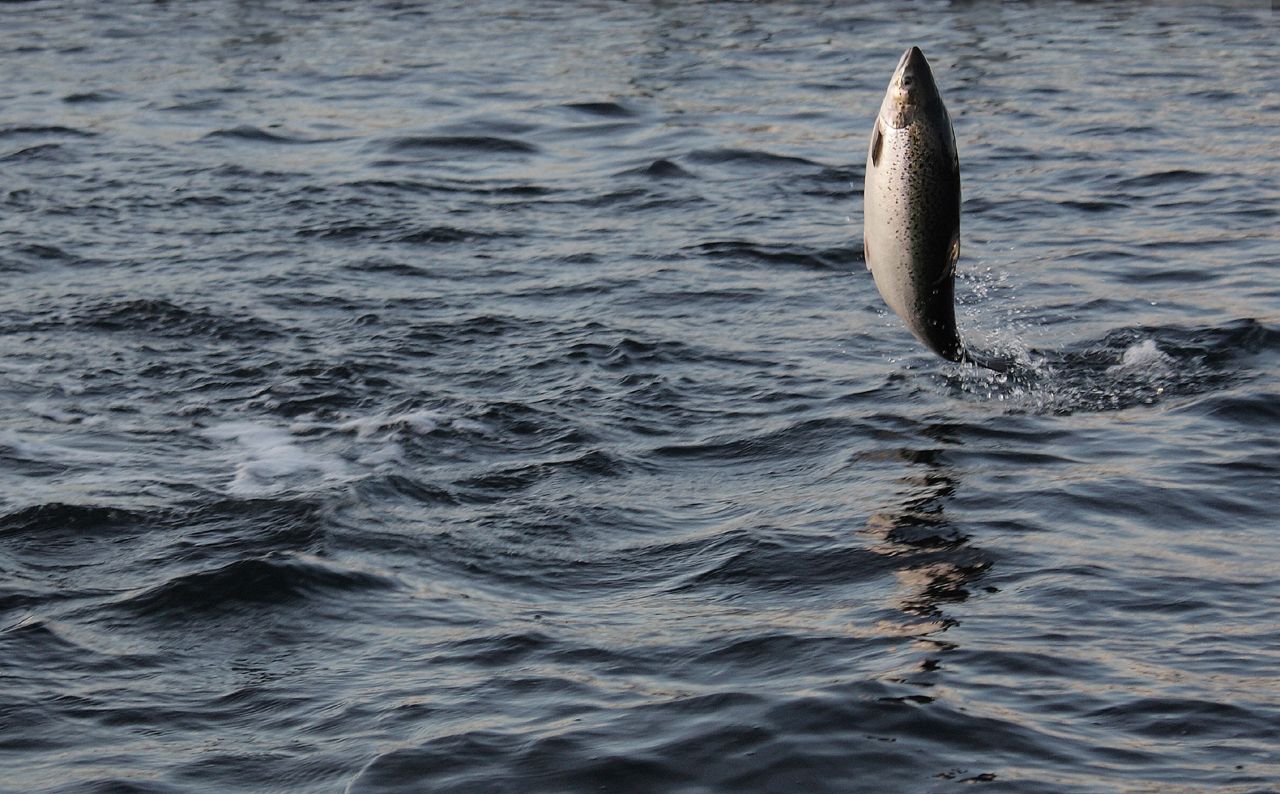“We think this is probably the best macro story in the whole commodity business,” Christoph Baldegger, partner at aquaculture investment firm Bonafide recently told AgFunderNews. “And it’s increasingly on the radar of investors.”
The company, which for three years has been tracking and investing into listed seafood, aquaculture and value chain businesses, through a European retail fund, has recently launched a private equity vehicle for the sector called the Deep Blue Ventures Fund, yielding commitments from a combination of pension funds, family offices, high net worth individuals and asset managers, Baldegger told AgFunderNews.
While the fund will invest predominantly in the private markets, the fund’s first investment highlights another part of its strategy: to invest in relatively small listed companies in the sector where the firm can take a meaningful stake and have an impact on the business.
This first deal was the acquisition of a stake in Hofseth BioCare, a Norwegian company producing byproducts from the fish parts that are wasted during the processing and filleting process, for human consumption. Estimates say that on average around 30 percent of fish meat is wasted, but Hofseth is also making use of the carcass to create fish oils and other nutritional supplements.
Bonafide invested $7 million through a convertible bond, which will give the firm a 20 percent stake in the company. The deal was part of a wider $12 million debt and equity raise by Hofseth Biocare for product development, a broader sales force, and the launch of new products globally.
“We really believe in human nutrition,” said Baldegger. “Our space is not really in big deals. We are looking for the small pearls where we can be a substantial investor. For example, Hofseth BioCare has a market cap of $50 million and we now own over 20 percent.”
Bonafide invested into Hofseth through the new fund, which is in fact a series of special purpose vehicles (SPVs), each with a five year maturity and holding a single asset each. This enables investors to invest on a deal-per-deal basis and more directly than a fund will allow, according to Baldegger.
“The investors we know like it that way,” he said. “Of course if someone wants a blind pool fund, they can commit capital into into the structure for us to allocate, but we would only start taking money and fees when we start to invest the capital. With the SPVs, there is always the choice to join a deal, and if you don’t like one, you can hold back. It’s more sophisticated and tailor-made than a fund.”
Bonafide is based in Switzerland and focuses on aquaculture-related companies and producers across the entire value chain. The company is unlikely to invest into early stage technologies in the sector, especially those for land-based aquaculture, according to Baldegger.
“There are some nice technologies in the space for land-based production, but we aren’t convinced these are going to feed the world,” he said. “We think that offshore salmon farmers in Norway are going to be creating the breakthroughs.” Bonafide is also happy to wait until companies are a bit further into their development and does not invest into greenfield projects. “It’s better to wait for the winners and pay a bit more,” said Baldegger.
Deal sizes will range between $5 million and $20 million and investors will commit between $500,000 and $10 million into each SPV under the Deep Blue Ventures Fund. The firm is currently fundraising for its second SPV which it expects to close later this month or in early September.
The firm’s listed fund has returned 55 percent net after fees over the past three years. The private equity fund is publicly targeting 20 percent, but Baldegger and his colleagues are internally targeting much more. “Just to double our valuations over five years means we will not have done a a good job,” he argued.





